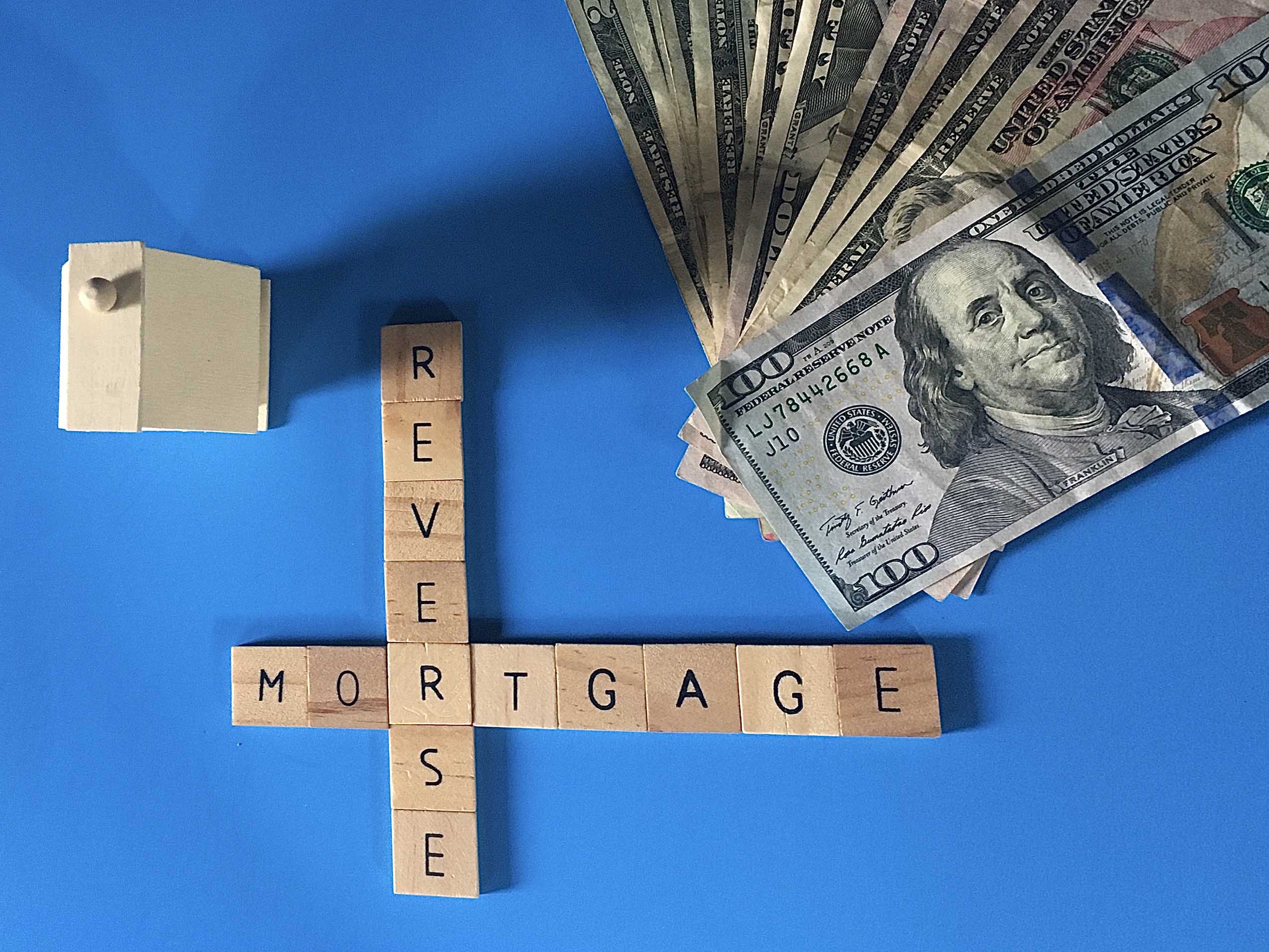Are you thinking about selling your home and not sure where to begin, or what steps to take? We’ll cover the important steps when selling your home.
Choose a Listing Agent
A listing agent has a fiduciary responsibility to look out for your best interest. Before hiring an agent, do a bit of homework to find a local expert.
Your goal is to find two or three agents that:
- Have sold a lot of homes in your area, and
- Have a lot of online reviews.
You can find these local agents by talking to neighbors in the area you’re interested in or by browsing the real estate magazines around town. The key is to find a local expert that has a strong presence in the neighborhoods you’re interested in.
Prepare for the interview by compiling a list of dealmakers and dealbreakers along with any questions you have for the agent. The interview should center around these priorities and answering your questions.
A skillful agent will ask you a lot of questions while providing counsel around the market conditions and timing of your move. Their goal is to align with yours; to get you the highest sale price, in the shortest amount of time with no headaches.
Find Out How Much Your Home Is Worth
When meeting with potential clients, most agents do their homework on your home. They’ll prepare a comparative market analysis—a report that compares the value of your house to others with similar features. They’ll also come with information on existing liens or issues that might impact the sale of your home.
Finally, they’ll discuss how much your home is worth, generally. Once you’ve selected the agent with whom to entrust the marketing of your home, this is where the fun begins. You’ll discuss pre-inspections, how to prepare your home for the ideal buyer, alternative marketing and pricing strategies, and how long the process will take.
Your agent may also discuss with you what appliances or items may need repairs, how to handle the volume of disclosures, and what to expect throughout the marketing and escrow process. Your agent will communicate and update you every step of the way.
Preparing, Marketing and Showing Your Home
The marketing process itself begins with the agent helping you to prepare your property for them to have photos taken and used in advertising for greater exposure both in print and on the Internet. The agent will arrange for brokers to preview your property on what’s called a “caravan”.
This is a 3-hour period during which real estate agents and sometimes their clients tour your home without an appointment. How long it takes for your home to sell may be as short as a few days or as long as several months.
This depends upon:
- The ease or difficulty to show the home,
- How well the property looks, and
- How well its priced—overpriced or underpriced for the current marketplace.
Showings are generally arranged with the owner in advance by your agent or team, and usually a day ahead. A typical first showing might take 15-20 minutes. You can expect the second showing to take ~30 minutes or more, depending on the size of your home and property.
Receive Purchase Offers & Negotiate
Ok, so an offer was received, now what? If it’s below what’s expected, the agent will discuss with you the strengths and weaknesses, and alternative counter-offer ideas for you to consider. The next phase consists of the buyer arranging for various property inspections, which may include sewer line scoping, chimney inspection, roof inspection, pest control inspection, as well as a general and sometimes very thorough check-up of the entire property. The buyer has 7 to 15 days to perform any investigations they desire, and then to decide which requests or credits they will ask of you.
Hopefully, you will be able to arrive at an acceptable agreement on any requests the buyer feels they would like to make and the escrow will continue towards closing. It will be your choice to accept, reject, or compromise any of their requests. During this same period or shortly thereafter the buyer’s lender (assuming they will be obtaining a loan) will have an appraisal done to determine the value of the property for financing purposes.
The Moving Process
The moving process can be very complex. But, if organized and planned well in advance, it can go smoothly and efficiently. An experienced real estate agent will often provide suggestions about preparations for moving before beginning marketing.
The entire sales process can be challenging for most people, requiring a great deal of patience and a good sense of humor. It is always helpful for you to keep the end goal in mind, ask clarifying questions no matter how silly or small they may feel to you, and be fair-minded in the negotiations. If you follow these steps, it will ensure your expectations are exceeded, and that you’ll sell your home.





